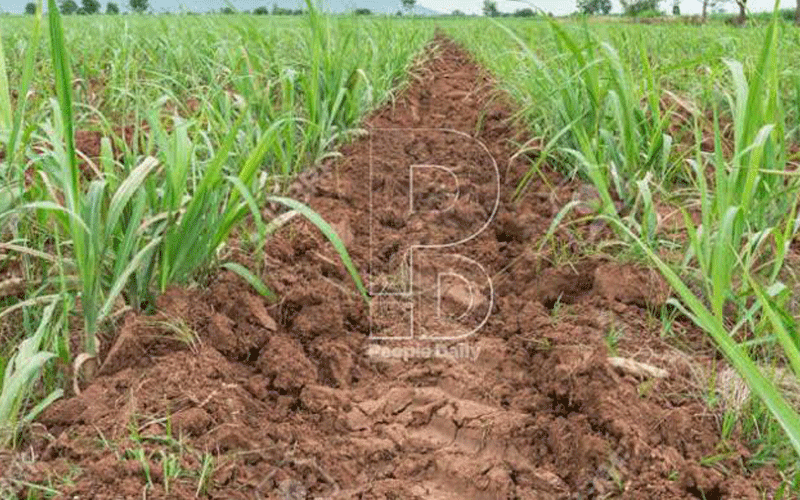Sweet relief for sugar sector as State waives Sh63b debt

The government will waive historical debts worth Sh62.5 billion in the sugar industry to help turn around fortunes of the sugar belt region banking on sugar, ethanol, power and value added products.
Announcing a raft of reforms in the industry at Kilimo House in Nairobi yesterday, Agriculture Cabinet secretary Peter Munya said the government has also resolved to privatise five under-performing State-owned sugar mills through a long-term lease model.
The factories: Chemelil, Nzoia, South Nyanza and Miwani and Muhoroni are under receivership and had a combined market share of 30 per cent which has since been gobbled up by private sector players.
Munya said the idea behind leasing is that government will invite investors with experience in the global sugar industry.
“Our focus will be on sugar and ethanol, power and value added products such as industrial sugar, pharma sugar and sugar cubes,” he added.
Munya said Cabinet recently resolved to write-off Sh62.5 billion categorised as Sh58 billion loans and Sh4 billion as interests and taxes accumulated as at June 30, 2009 and any additional interest and penalties that have accrued since then.
The debt burden, the CS argued, has almost killed the industry that was once the employer of hundred thousands of Kenyans and wrecked the salient contribution to the fabric of communities and rural economies in the sugar belts.
“Sugar industry has been recording dismal performance over the years owing to perennial challenges that include high debt burden, low value addition, high cost of production, lack of regulations to governance the industry and sector wide governance issues,” said Munya.
Economic growth
He said the debts that date back to when the industry was under the regulation of the former Kenya Sugar Board (KSB) have frustrated hopes of thousands of farmers and discouraged economic growth.
The board was among government institutions disbanded in 2013 to form the Agriculture and Food Authority (AFA) after the enactment of the Crops act 2013. KSB was formed in 2002 succeeding the defunct Kenya Sugar Authority that had been in existence since 1973.
“To be a globally competitive producer of sugar and give sugar cane farmers a better return on their investments, the government has looked at addressing perennial challenges in the sector and largely clearing massive debts that has crippled the industry for long,” Munya added.









